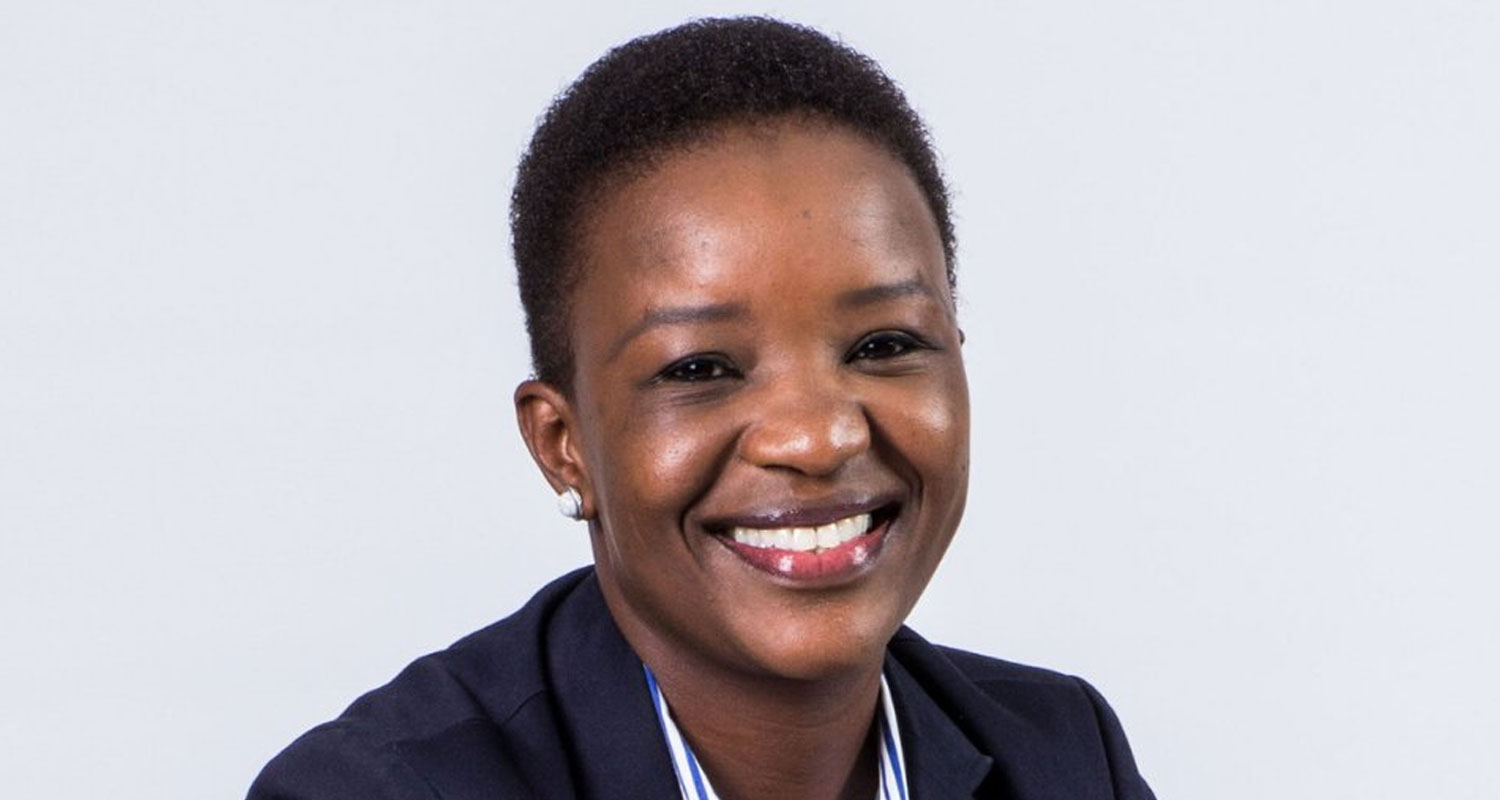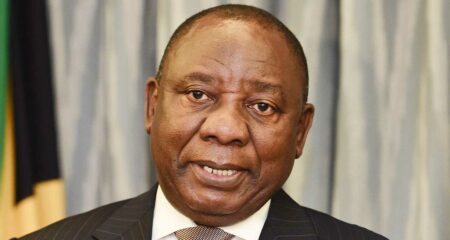 South Africa’s new multi-party administration must prioritise reviving state-run port, water and power networks and work to automate processes to attract investment and boost lagging growth, Business Leadership South Africa CEO Busisiwe Mavuso said.
South Africa’s new multi-party administration must prioritise reviving state-run port, water and power networks and work to automate processes to attract investment and boost lagging growth, Business Leadership South Africa CEO Busisiwe Mavuso said.
President Cyril Ramaphosa of the ANC put together a government of national unity after the 29 May election failed to produce an outright winner. Some voters opted for other parties after 30 years of ANC majority rule ended in rolling power cuts and logistics snarl-ups, an economy that has barely grown over the past decade, a jobless rate of 33%, endemic crime, and corruption.
“The beauty of what we have right now in the GNU is that policymaking has been liberated from Luthuli House,” Mavuso, 45, said in an interview on Thursday, referring to the ANC’s headquarters. “There are going to be a whole lot more robust conversations about the policies that are put in place.”
This includes talks about the National Health Insurance Act, which Ramaphosa signed into law less than two weeks before the national elections after years of wrangling. The legislation bans the private sector from offering cover for treatment available under the NHI, and opponents say it will neither remedy the healthcare system’s shortfalls or be affordable for the state.
“The NHI as it stands is a farce — it’s unimplementable, it’s unfundable,” said Mavuso. “What it does seek to do is to decimate the private healthcare system,” she said.
While South Africa is “failing at the basics” and has missed opportunities to position itself as a viable destination for companies in free-market democracies to move their supply chains away from authoritarian regimes such as China, foundations laid in the prior administration are a positive signal that the trajectory is set to improve, she said.
Backlog in visas
To ensure South Africa’s growth trajectory is bolstered, the nation needs to address the backlog in visas by introducing more automated processes, have more of its biggest ports — ranked among the world’s worst performers — run privately, move more goods by rail rather than trucks, and scrap the NHI, Mavuso said.
It also needs to streamline regulations for public-private partnerships to make them less complex, which national treasury has proposed.
“We’ve already done a lot to propel ourselves and position ourselves to reclaiming our spot of being the gateway to investment to the African continent,” Mavuso said, pointing to efforts by the department of home affairs under its new minister, Leon Schreiber, to address a backlog of 300 000 professional-skills visas for foreigners that’s employers say has hindered investment.

“When we look at what the biggest problem is, which has made South Africa uninvestable, CEOs talk about how difficult our trading environment is,” Mavuso said. “The structural-reform agenda needs to be implemented.” — (c) 2024 Bloomberg LP




